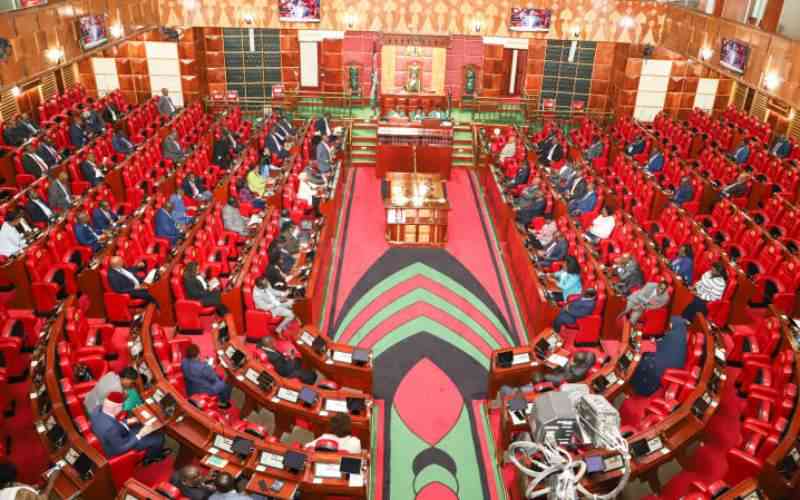×
The Standard e-Paper
Join Thousands Daily

Members of Parliament during a plenary session. [Elvis Ogina, Standard]
Members of Parliament were on Wednesday, June 14 engaged in a heated debate when the proposed Finance Bill, 2023 was tabled in Parliament.